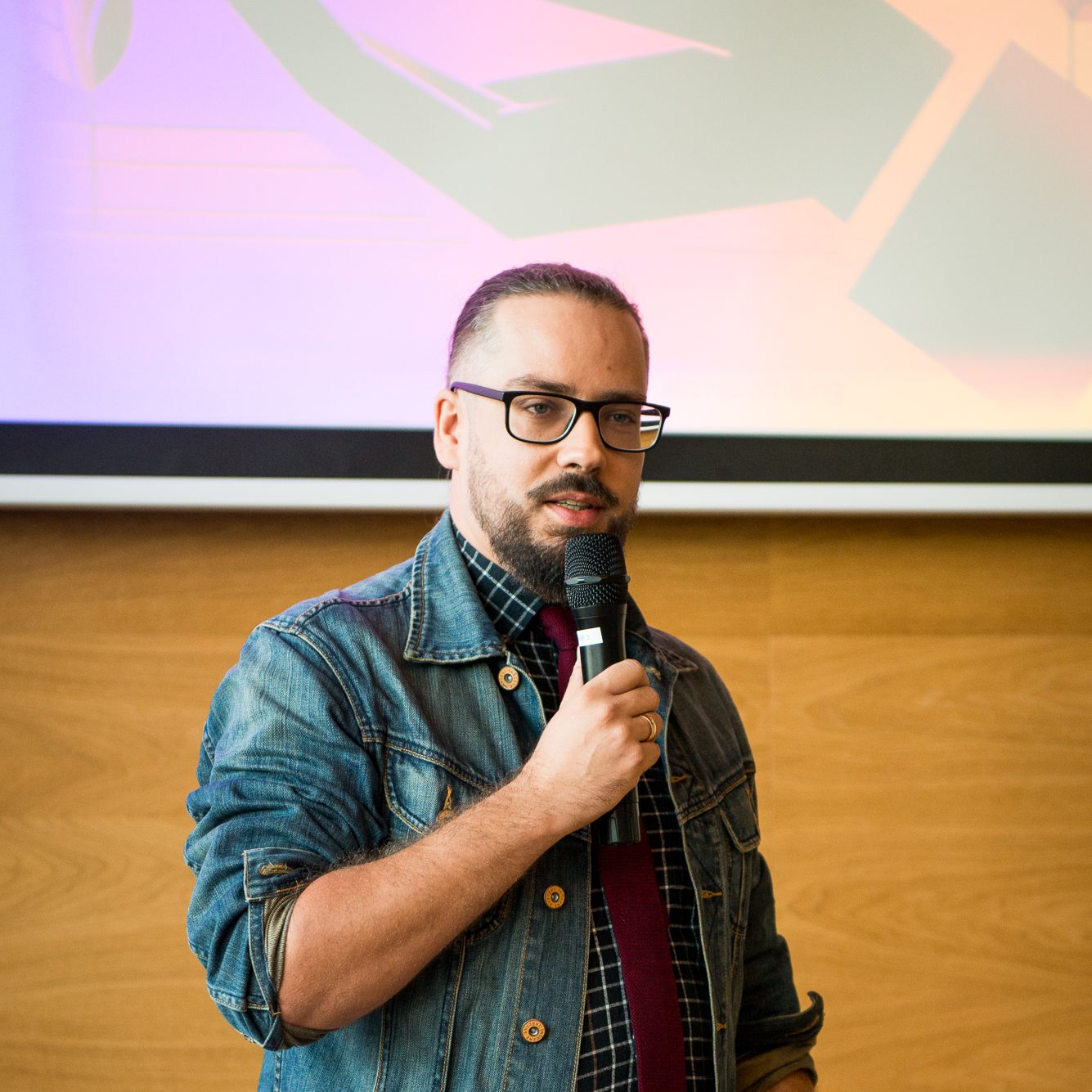
Our scientist with award for best doctoral thesis
Dr Jan B. Klakla from the Centre for Legal Education and Social Theory at the University of Wrocław and the Centre for Social and Economic Research (CASE) in Warsaw was awarded the main prize in the competition for the best doctoral thesis in legal theory and philosophy organised by the Association for Philosophy of Law and
Social Philosophy – Polish Section IVR.
The dissertation entitled ‘Akulturacja migrantów z państw słowiańskich w Polsce’ [eng. Acculturation of migrants from Slavic countries in Poland] (supervisor: dr hab. Mateusz Stępień, Jagiellonian University) turned out to be the best in the competition. The jury’s assessment was determined, among other things, by the current topic of the thesis, which constitutes a voice in the discussion on the shaping of the state’s migration policy.
The aim of the competition was to identify the best dissertation in legal theory, philosophy of law or related specialisations, including social philosophy, sociology of law, legal ethics, political science, legal cognitive science, etc. Dissertations defended between 2022 and 2023 were considered.
– My work is concerned with the acculturation processes of migrants, i.e. how their, and our, culture changes when we come into contact with each other – says dr Jan B. Klakla. – I focus on how these processes are influenced by the law and the institutional environment in which migrants in our country operate – he specifies. – I try to indicate whether it is the law and institutions that promote integration, assimilation, separation or perhaps marginalisation of migrants (these four categories are commonly used to describe specific acculturation orientations) – explains our researcher.
The work concerns migrants from Slavic countries who have already lived in Poland for a very long time. – I conducted biographical interviews with people who arrived between 1989 and 2010. At the same time, however, the main objective is to reconstruct the mechanism of the influence of the legal and institutional environment on the process of acculturation, which has been, is and will continue to be the case as long as the law and institutions determine to any extent the framework of our functioning in society – explains dr Jan B. Klakla.
So this is not an attempt to find a recipe for migration policy, but rather to draw attention to how important a factor in the course of acculturation processes is the legal and institutional environment in which these processes take place. – And unfortunately, the results of my research indicate that very often this influence can be described as negative – says dr Klakla. – When the law is an elaborate system that is primarily control-oriented and does not allow migrants space for the realisation of their preferred acculturation orientations – and integration was most often preferred in my subjects – the legal-institutional environment is perceived by them as a difficult, to some extent hostile environment, in which the narrative of overcoming difficulties and overcoming barriers prevails.
– As a result, in the case of my subjects, there was an unusual clash of two incompatible acculturative orientations – the migrants strived for integration, while the law supported separation, the researcher notes. – And it took a lot of effort for them to finally settle in Poland despite this, he adds.
The award was presented at the national Congress of the Theory and Philosophy of Law, held at the end of September at Maria Curie-Skłodowska University in Lublin.
The Association for the Philosophy of Law and Social Philosophy – Polish Section of the IVR is one of more than thirty national sections of the International Association for the Philosophy of Law and Social Philosophy IVR (Internationale Vereinigung für Rechts und Sozialphilosophie) established in 1909 in Berlin. The Polish section of the IVR was founded on the initiative of prof. Jerzy Wróblewski and was registered in 1993, encompassing all academic centres in Poland. The aim of the association and the object of its activities is to nurture and support the development of philosophy of law and social philosophy at home and abroad.
Complied by Katarzyna Górowicz-Maćkiewicz
Date of publication: 8 October 2024



